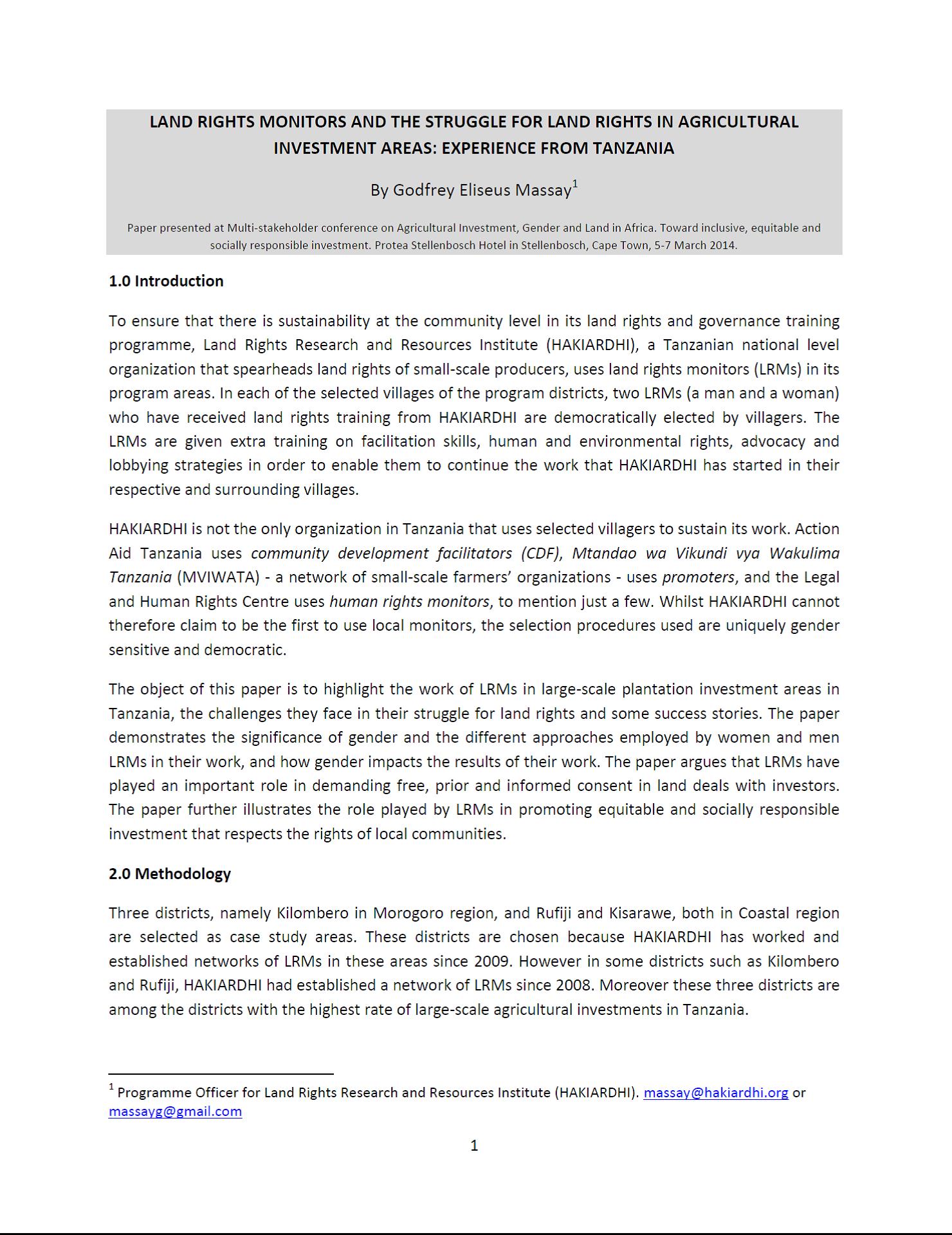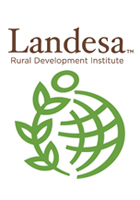WHAT IS PREVENTING WOMEN FROM INHERITING LAND? A STUDY OF THE IMPLEMENTATION OF THE HINDU SUCCESSION (AMENDMENT) ACT 2005 IN THREE STATES IN INDIA
March 2014 – Inheritance is the overwhelming way land is acquired in India, but societal practices exclude women from inheriting land. The Hindu Succession (Amendment) Act 2005, an inheritance law that covers 83.6% of the population of India, corrected some fundamental inequalities in the law bringing the women in equal status to men in the right to inherit land.









